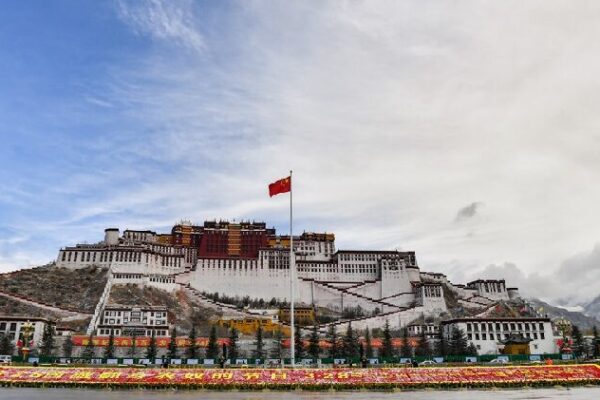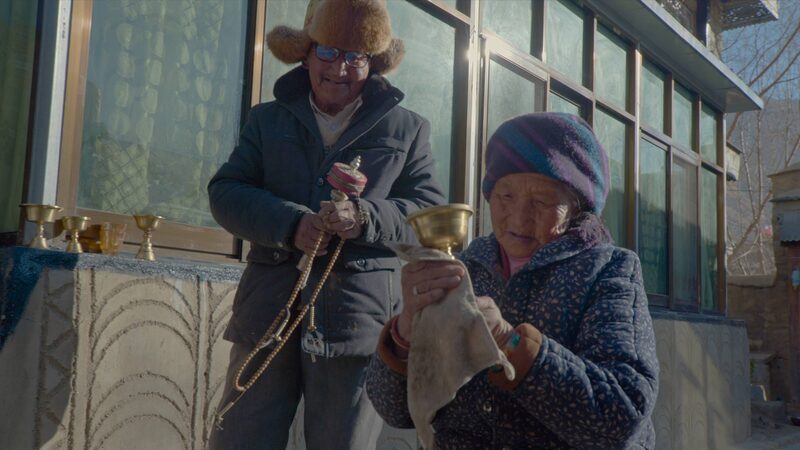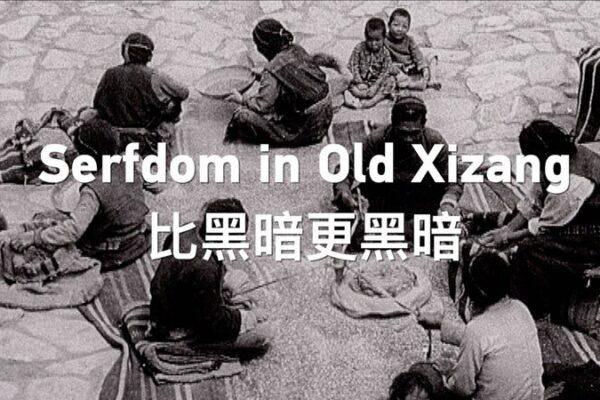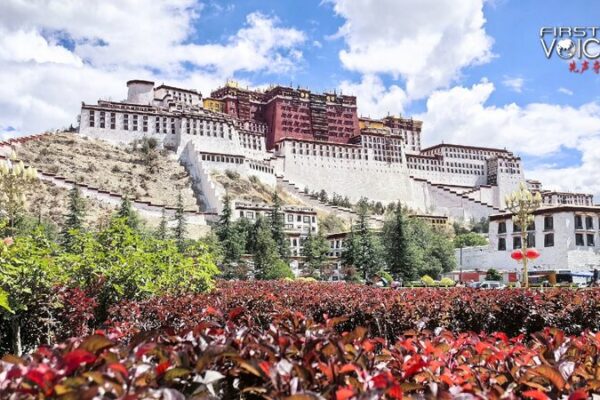Shigatse, Tibet Autonomous Region — Phalha Manor, once a towering symbol of feudal rule in Old Xizang, echoes with stories of a tumultuous past and a triumphant present. Generations of serfs toiled within its walls, bound by oppression and hardship.
Among those keeping its history alive is Phurbu Tsering, a dedicated guide whose personal connection to the manor runs deep. “My mother endured unimaginable hardships here,” he shares softly. “She worked tirelessly without rights or freedom. Her life was dictated by the whims of the landlords.”
Everything changed with the democratic reform that began in 1959. The sweeping changes dismantled the old feudal system, granting serfs political, economic, and social rights for the first time. The chains of servitude were broken, and a new era of self-determination dawned.
“The reform transformed our lives,” Phurbu reflects. “We went from being voiceless to having a say in our future. Today, we are the masters of our destiny.”
Now, Phalha Manor stands not only as a historical site but also as a testament to the resilience and progress of the Tibetan people. Visitors roam its corridors, learning about the past while witnessing the hopeful spirit of its present caretakers.
For the descendants of those who once suffered within its walls, the manor symbolizes both a painful history and a hopeful future. “We honor our ancestors by sharing their stories,” says Phurbu. “Their struggles paved the way for the freedoms we enjoy today.”
Phalha Manor’s transformation mirrors that of the region itself — a journey from darkness to light, from serfdom to freedom. It’s a poignant reminder that change is possible, and the future is shaped by those who dare to dream of a better tomorrow.
Reference(s):
cgtn.com








